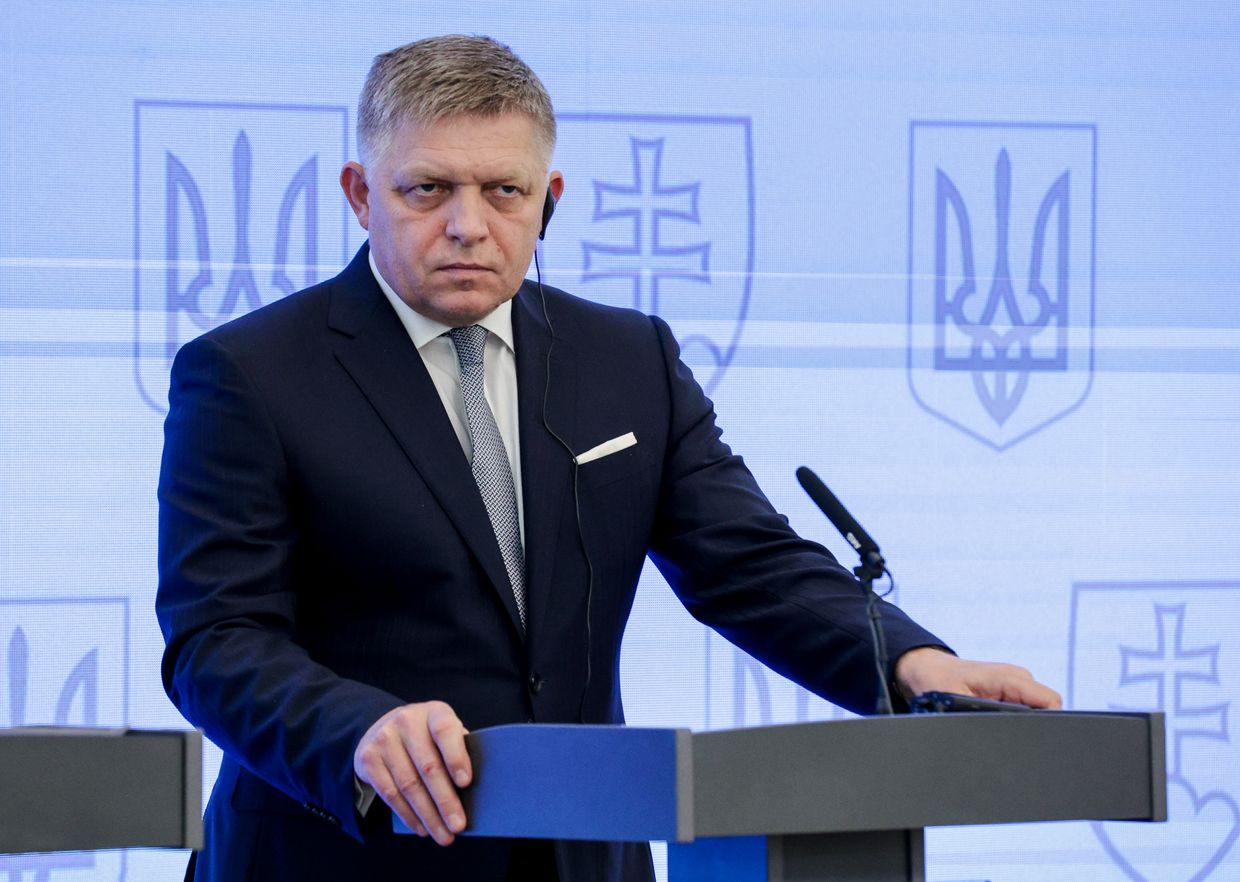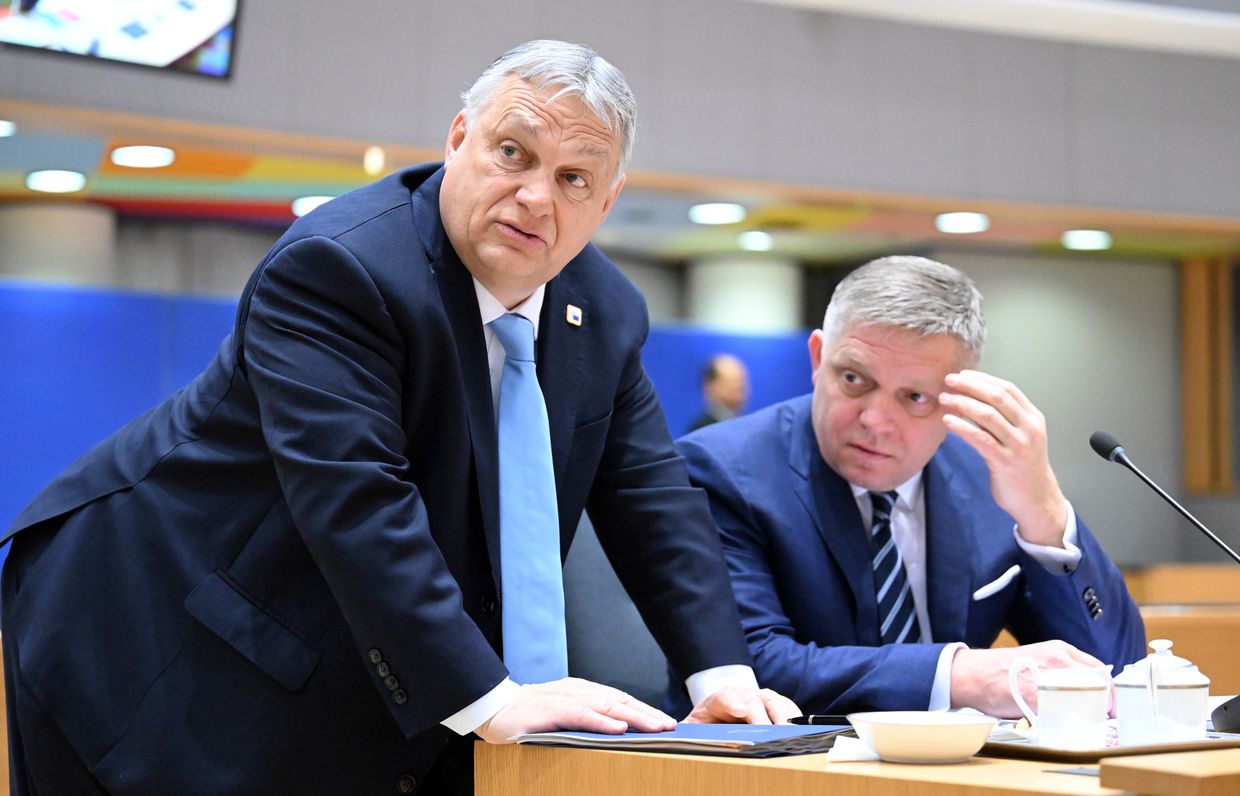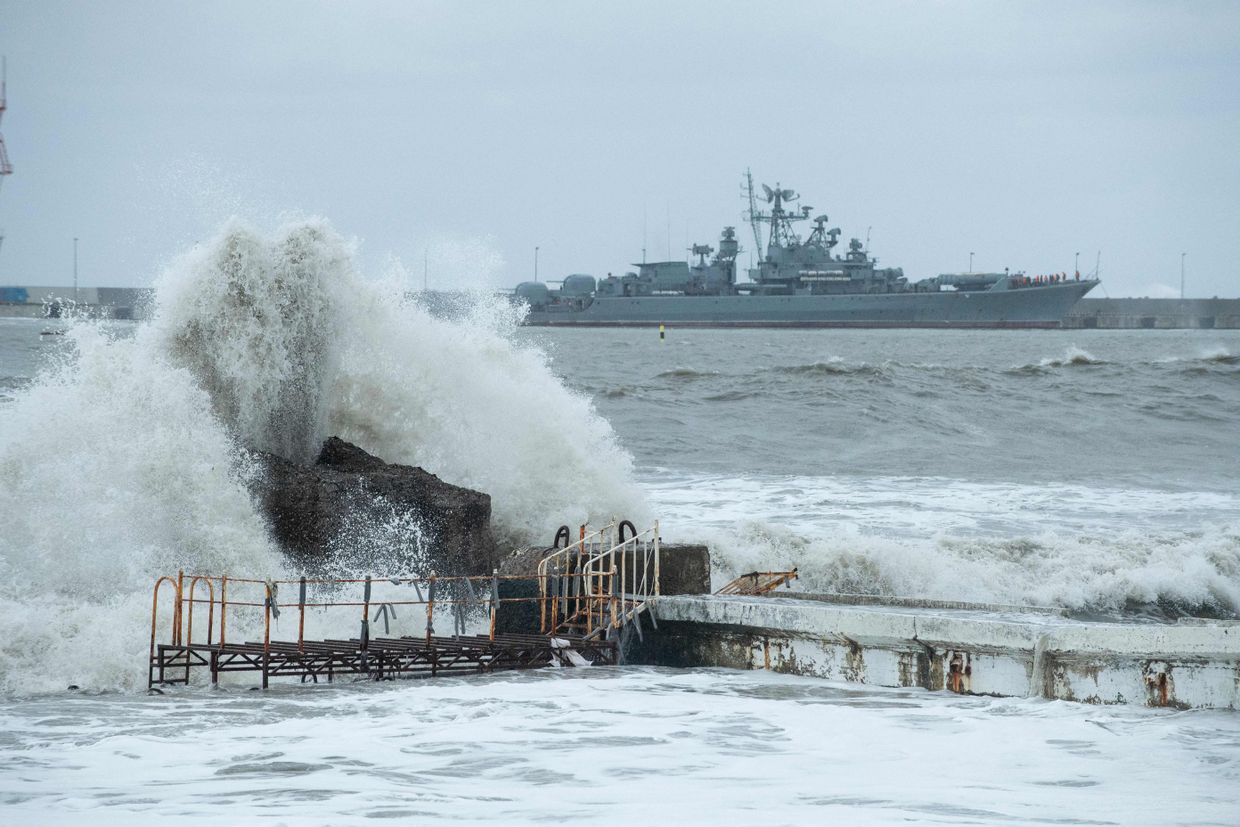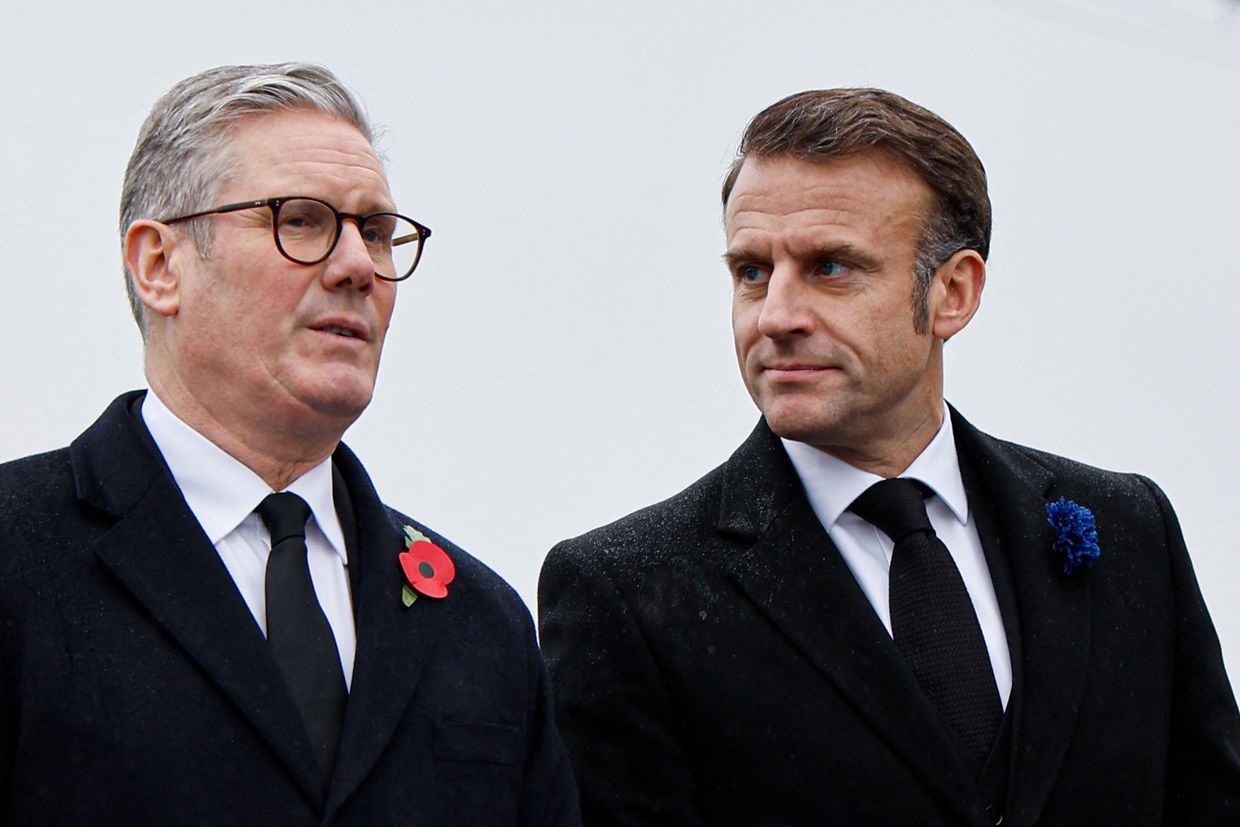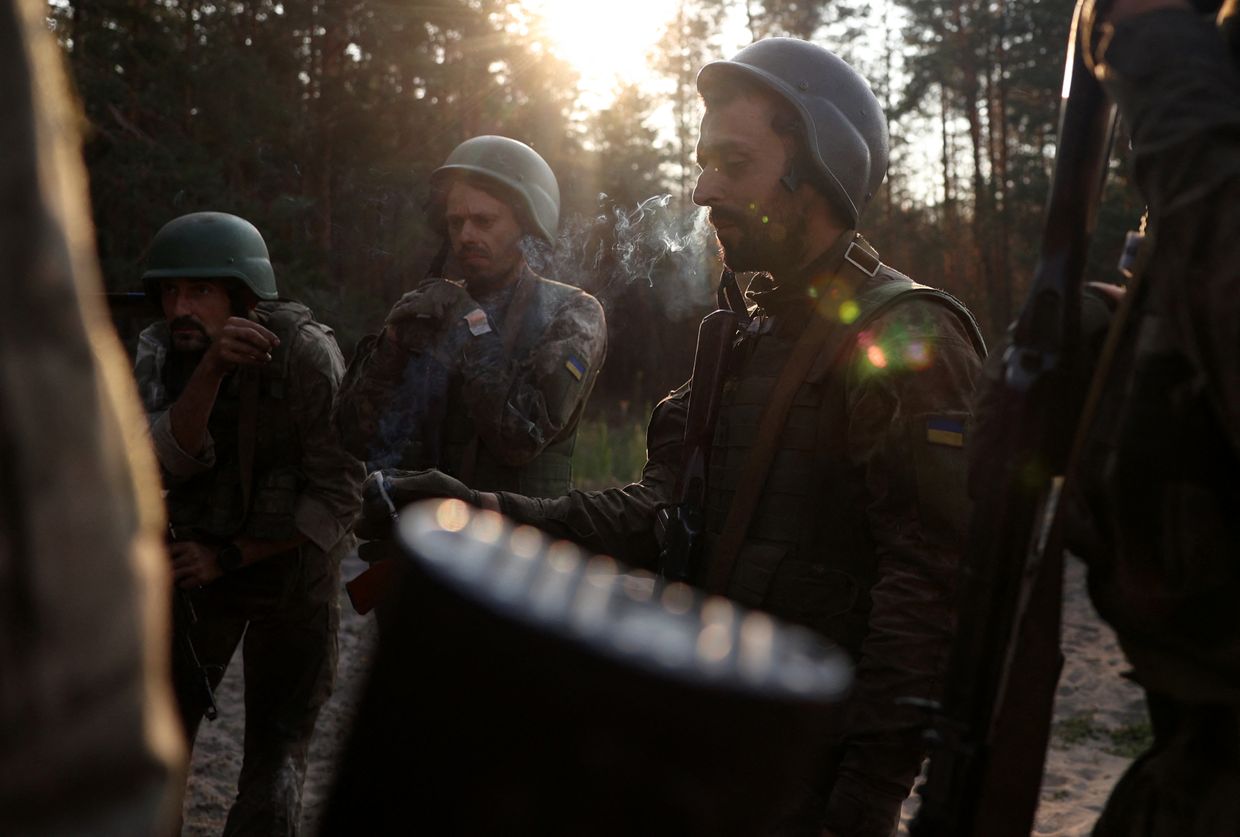EU ambassadors are not sympathetic to Budapest's and Bratislava's complaints about Kyiv blocking the flow of Russian pipeline oil, Politico reported on July 29, citing behind-the-scene talks among European diplomats.
Hungary and Slovakia turned to the EU earlier this month as Ukrainian sanctions effectively halted the supplies from the Russian Lukoil company to the two Central European countries via the Druzhba pipeline.
Hungarian and Slovak officials complained that Kyiv was violating its association agreement with the EU and asked the European Commission to intervene.
Both countries have also threatened unilateral repercussions against Ukraine, including blocking EU defense funds or halting their own energy supplies.
While EU officials publicly promised to review the matter, they privately voiced exasperation as neither Hungary nor Slovakia managed to reduce their dependency on Russian oil while many other member states did, Politico writes.
The bloc began to wean itself off Russian supplies after the outbreak of the full-scale war in Ukraine in 2022, but Hungary and Slovakia were among the few exempted from the ban on Russian pipeline oil, provided they find alternative suppliers.
Hungary has only increased the volume of oil and gas trade with Russia since then.
According to Hungarian Foreign Minister Peter Szijjarto, Lukoil supplies represent 33% of Hungary's crude oil imports, as well as 40-45% of Slovakia's imports.
Budapest has been long considered the most Kremlin-friendly country within the EU, repeatedly obstructing sanctions against Russia and military aid to Kyiv. Hungary's views are now often echoed in Bratislava since Ukraine-skeptic Prime Minister Robert Fico took office last fall.
Hungary did not reach out only to Brussels in an effort to resolve the issue.
Szijjarto said he held a phone call with his Russian and Slovak counterparts, Sergey Lavrov and Juraj Blanar, on July 29 over the "Ukrainian transit ban."
"I remain firm in the position that Ukraine violates the EU association agreement by endangering our energy security... we are constantly analyzing possible legal and technical solutions to ensure the continuation of our oil supplies," the minister said on Facebook.
President Volodymyr Zelensky's Office told Reuters that the ban on the Lukoil transit was imposed in accordance with sanctions against the company and "has nothing to do with blackmail."
